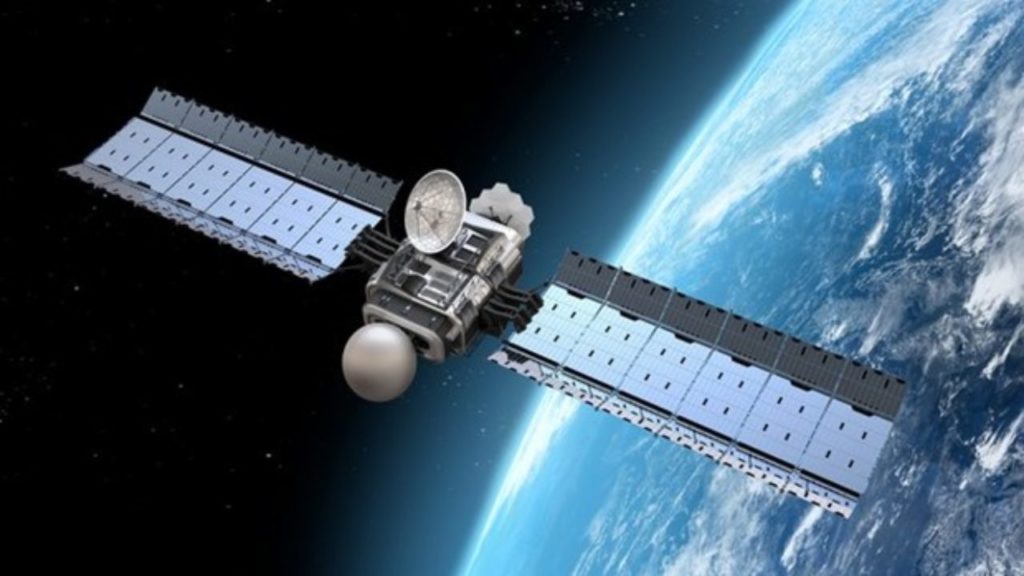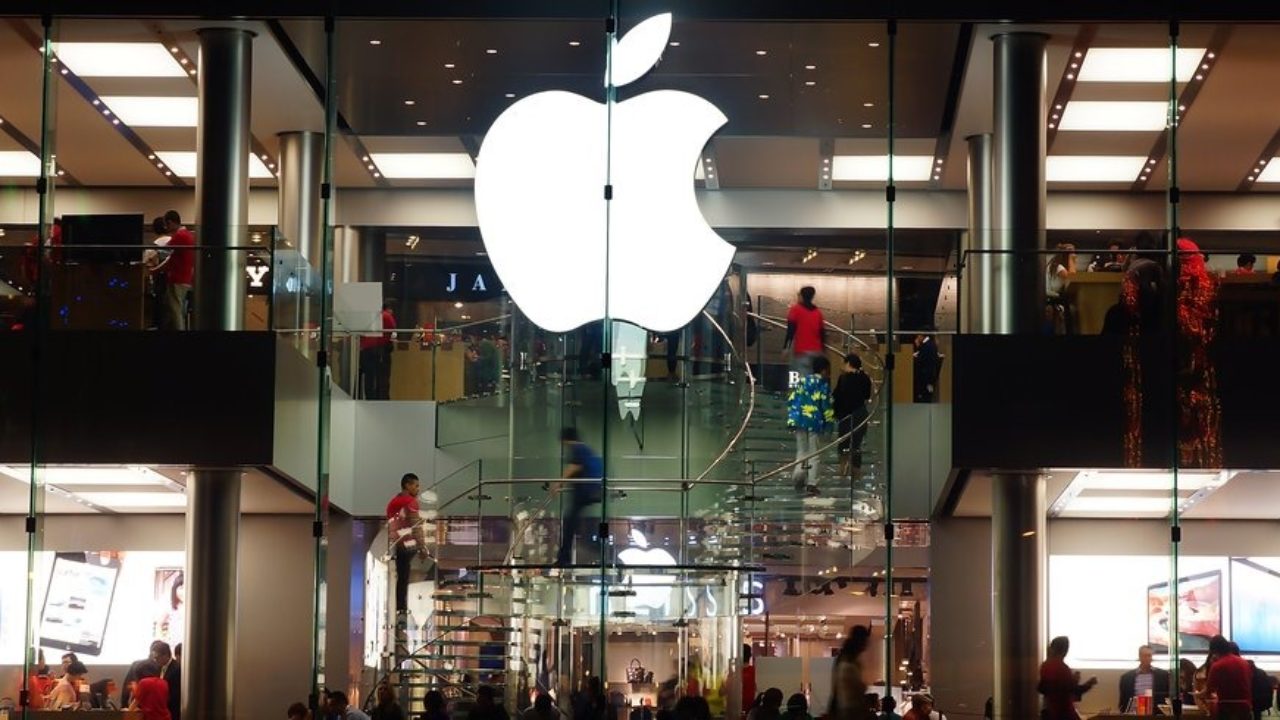Elon Musk’s SpaceX has tweeted that a SpaceX Falcon 9 rocket successfully launched 40 broadband satellites for the UK company OneWeb and returned to Earth on schedule.

The two-stage Falcon 9 launched on Thursday afternoon from Florida’s Cape Canaveral Space Force Station, according to Space.com.
Read on to find out all the details!
SpaceX Falcon 9 Rocket Launches Third Batch of 40 OneWeb Internet Satellites
On Thursday, a SpaceX Falcon 9 rocket launched a third batch of 40 OneWeb internet satellites into orbit, enabling the London-based company to increase the number of operational spacecraft in its constellation of broadband relay stations to 582.
The company will have global coverage thanks to a new batch of 36 OneWeb satellites that will launch later this month atop an Indian GSLV rocket. A final SpaceX launch is planned for later this year to bring the fleet’s total to close to 650.
At 2:13 p.m. EST on Thursday, the Falcon 9 rocket, using a first-stage booster flying for the 13th time, blasted off from pad 40 at the Cape Canaveral Space Force Station and quickly sped away on a southeasterly trajectory.
While the second stage continued its ascent to orbit, the well-tried first stage propelled the rocket out of the earth’s atmosphere and then fell away to fly itself back to a flawless landing at the Space Force station. The landing was the 32nd at Cape Canaveral and the 177th successful booster recovery for SpaceX.
Solar Powered Satellites To Use Onboard Xenon Ion Thrusters
In the meantime, the first two 325-pound OneWeb satellites were released to fly independently about an hour after launch, and the second stage completed two engine firings to place itself in its intended orbit. Over the following 36 minutes, the remaining 38 were released.
The solar-powered satellites, which were initially launched in an orbit 373 miles high and inclined 87 degrees to the equator, will use their onboard xenon ion thrusters to ascend to their operational altitude of roughly 745 miles.
In the past, OneWeb looked to Russia’s Soyuz rockets for assistance in reaching orbit. But last year, the ongoing conflict between Russia and Ukraine compelled it to look for alternatives. Then it reached an agreement with NewSpace India Limited and SpaceX. (NSIL). The company has so far launched the former three times using Falcon 9 rockets and the latter once using an Indian GSLV Mark III vehicle.












